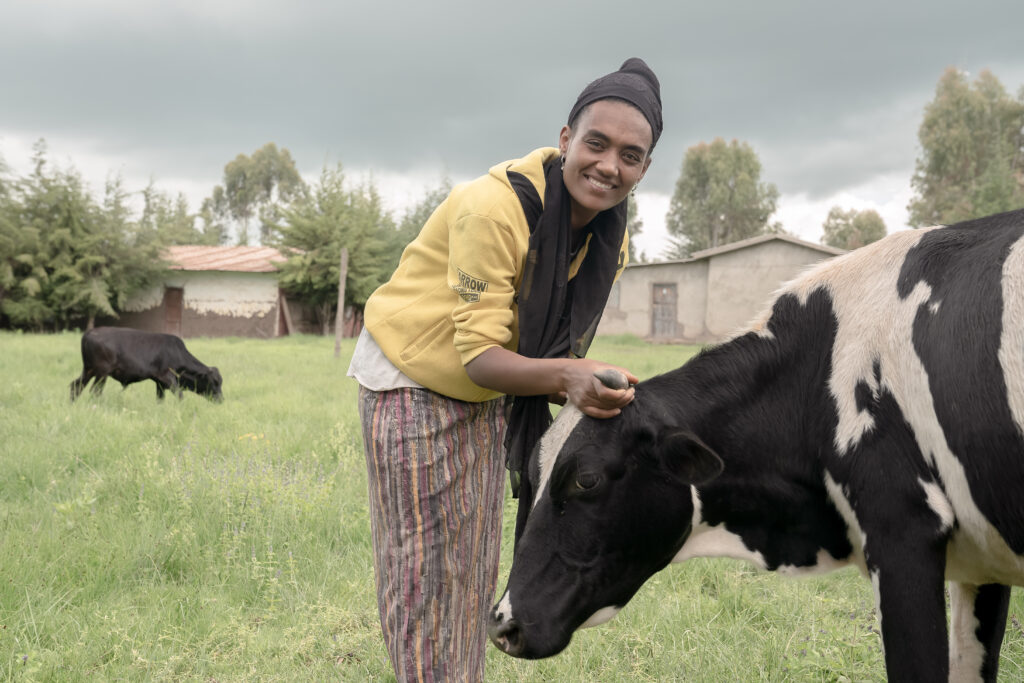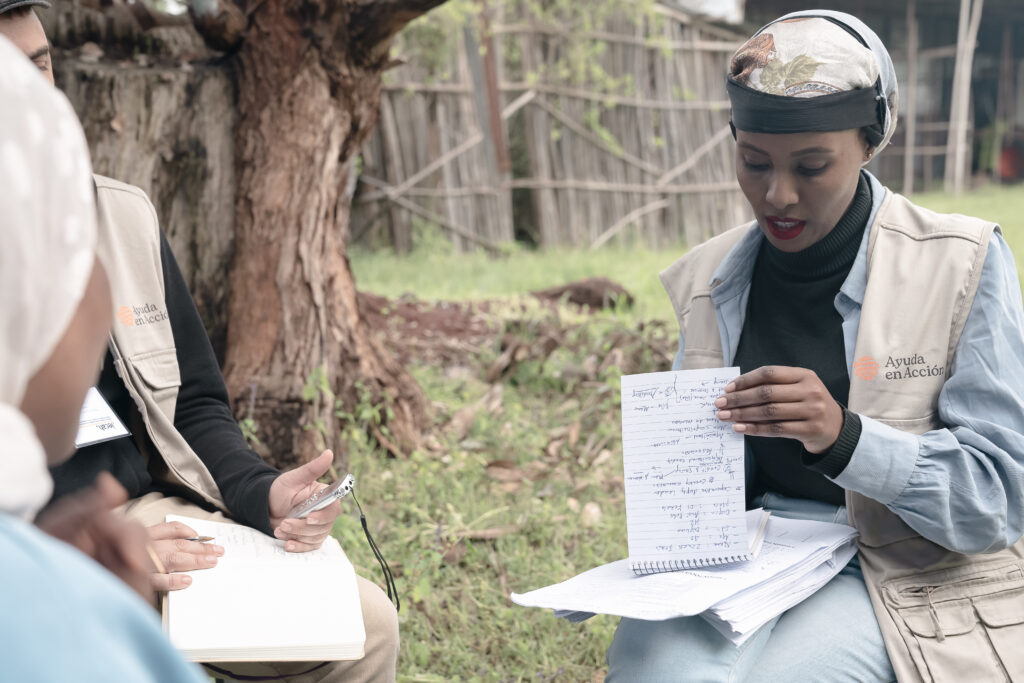Climate change is a push factor for the people of Arsi (Ethiopia) to decide on their future. Specifically, to decide whether or not to migrate.
The economy of this area, which is home to 3.2 million people, depends mainly on small-scale agriculture and livestock farming. This makes its inhabitants extremely vulnerable to the effects of climate change.

This context has been analyzed in the report Climate change, youth and human mobility in the Arsi area (Oromia, Ethiopia), prepared by Alliance2015 member Ayuda en Acción and the Institute of Studies on Conflict and Humanitarian Action (IECAH). The research leads to affirm that food insecurity caused by climate change, coupled with the lack of job opportunities, causes both internal displacement and internal migration, especially among the youth.
The study is based on a quantitative survey conducted among 166 people (71 young people aged 16-30 and 95 people aged 31-60) of four districts in Arsi with the qualitative findings of six youth Focus Group Discussions (FGDs) and nine semi-structured interviews with key informants. In addition, the research includes a pre-literature review with around 80 sources. The analysis of both primary and secondary data revealed that climate change’s effects on Arsi have increased in the last five years, negatively affecting agricultural activities, livestock, and even inhabitants’ daily life. The already fragile conditions of this population, due to a combination of land scarcity, poor irrigation systems, overpopulation, and longterm poverty, have magnified the impact of natural hazards, leading to food insecurity and worsening impoverishment.

The research shows that although climate change influences migration in the Arsi zone, it is a multicausal process, involving several factors such as poverty, land access issues, and lack of income sources. The gap between programmes tackling climate change effects and socio-economic fragilities and their impact on the most vulnerable people from the Arsi zone gives rise to the need for all stakeholders to strengthen their efforts to develop short, medium and long-term strategies particularly focused on young people and women. These new cross-cutting policies must be built on people’s adaptive capacities, address the structural problems that cause fragility, and put mitigation and climate justice strategies at the forefront.
You can read the full report here.


